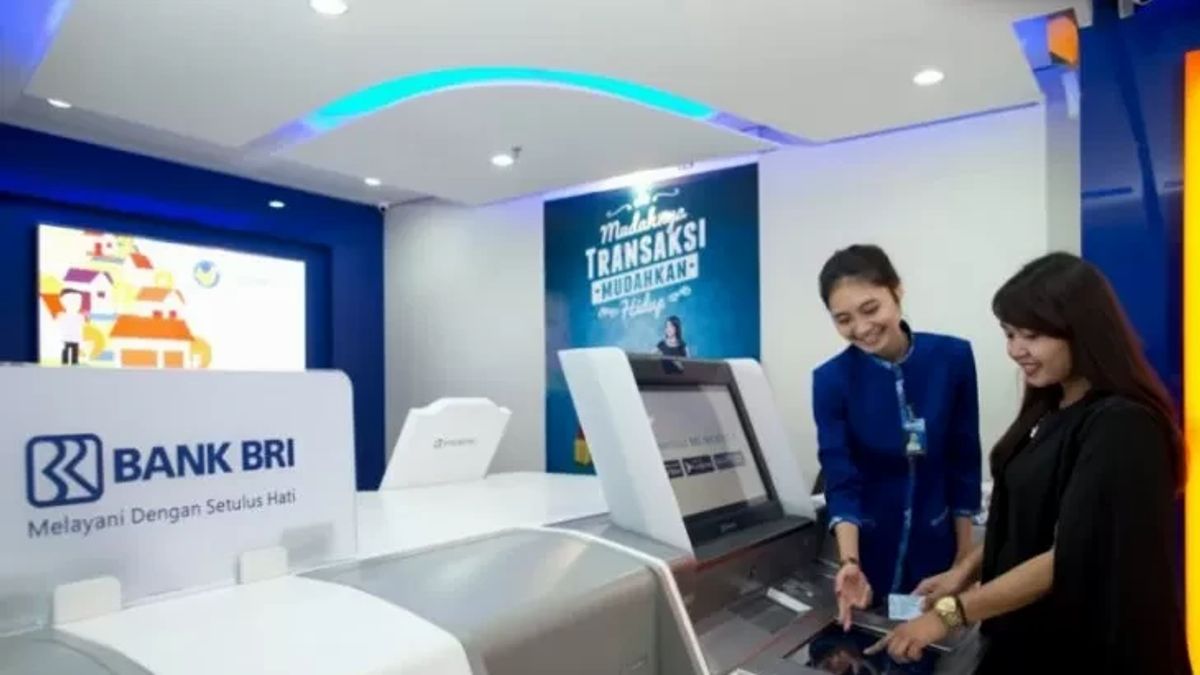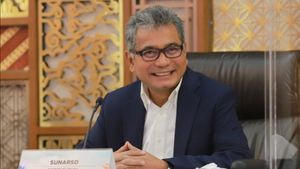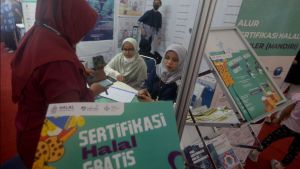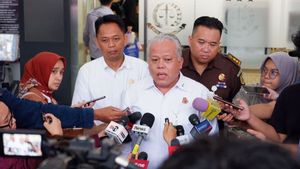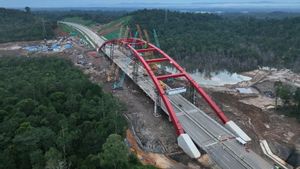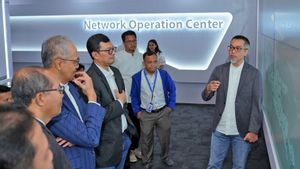JAKARTA - PT Bank Rakyat Indonesia (Persero) Tbk (BBRI) said that currently it is facing serious challenges related to worsening the loan or Non-Performing Loan (NPL) ratio in the micro segment, so that the current priority is to improve the asset quality of the Micro, Small and Medium Enterprises (MSMEs) segment in the future.
BRI President Director Sunarso revealed that although economic conditions are starting to improve, the effects of the pandemic are still felt, especially in the MSME sector, where more than 80 percent of BRI's portfolio is not doing well due to the Covid-19 pandemic.
"The impact of the pandemic has not actually been completed, especially on micro credit. So actually the loans that have fallen into NPL are mainly on the micro," said Sunarso, in the Public Expose Live 2024, Thursday, August 29.
For information, in the first semester of 2024, the BRI micro segment recorded NPL at the level of 2.95 percent. This figure was worsened from the same period the previous year which was at the level of 2.23 percent.
However, BRI has recorded a significant increase in profit in recent years, namely in 2021 profit will reach IDR 30 trillion, in 2022 IDR 51 trillion, and in 2023 it will be IDR 60 trillion.
Sunarso said the profit could be higher, but BRI chose to back up some of its profits to anticipate the risk of undermining credit in the post-pandemic micro segment.
"We have backed up funds to overcome this risk, so that even though the NPL goes up, conditions remain safe. Last year, we removed a problematic credit book worth Rp 32 trillion, and this has no big impact because we had anticipated it before," he explained.
To overcome this deterioration, Sunarso said BRI had taken strategic steps, including tightening risk acceptance criteria and focusing on improving asset quality.
"We grew selectively, improved risk acceptance criteria, and tightened supervision in the micro segment," said Sunarso.
Therefore, Sunarso ensured that the problem could still be resolved considering that the reserves of funds owned were more than sufficient.
SEE ALSO:
"I'm sure one year this problem will be solved," said Sunarso.
On the other hand, Sunarso said that his party would not pursue a lot of credit growth in the micro segment.
Furthermore, Sunarso explained that currently there is an opportunity to grow credit in the corporate segment as an effort to compensate for the weakening demand for credit in the micro segment.
However, Sunarso emphasized that BRI will still become the MSME Bank with the largest credit portfolio in the segment.
Sunarso said credit growth in the corporate segment would be carried out while remaining selective, which still has a value chain in the micro segment.
"While we are slowing down in micro, and in micro, we focus on continuing to grow more selectively," he concluded.
The English, Chinese, Japanese, Arabic, and French versions are automatically generated by the AI. So there may still be inaccuracies in translating, please always see Indonesian as our main language. (system supported by DigitalSiber.id)
